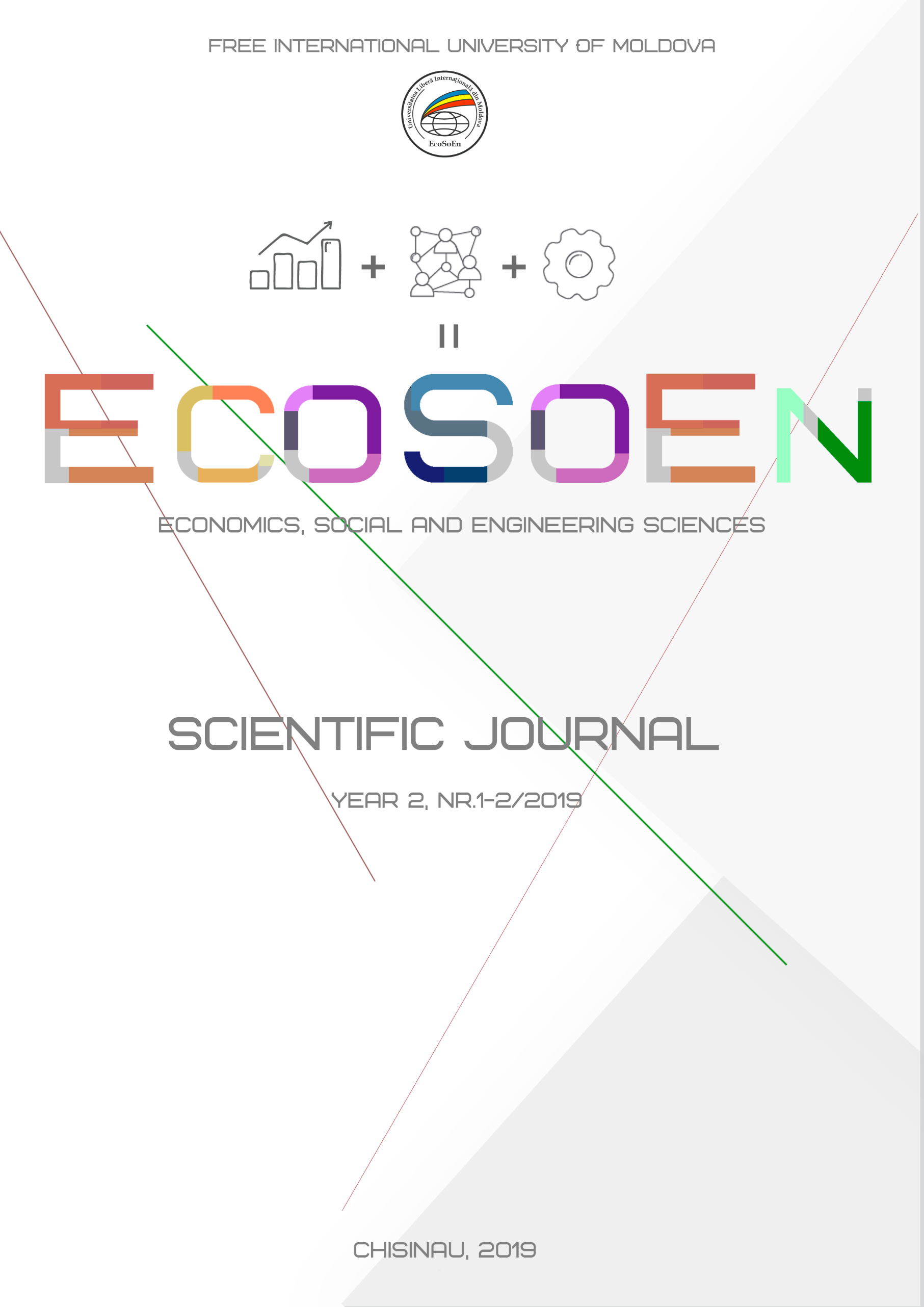Influența competențelor emoționale ale liderului militar asupra atmosferei moral-psihologice a colectivului
The influence of military leader's emotional competences on collective moral-psychological atmosphere
Author(s): Iulia IurcheviciSubject(s): Social Sciences, Psychology, Cognitive Psychology, Personality Psychology
Published by: Universitatea Liberă Internațională din Moldova
Keywords: moral-psychological atmosphere; emotional coefficient; emotional skills; emotional intelligence; military collective; military leader;
Summary/Abstract: This article have as purpose to discover the relationship between the emotionalskills of the military leaders and the moral-psychological atmosphere of the military team that theylead. The described empirical study underlines the research of the military leader's emotional skillsand the importance of their development for the efficiency of the team's leadership.The analysis of the research results confirms the hypothesis advanced by us, according towhich the moral-psychological atmosphere of the military team depends to a great extent on theemotional skills of the military leader in his/her managerial capacity of military training andeducation. Thus, the high level of development of emotional skills of the leaders determine the welfareof the moral-psychological atmosphere of the collective. In order to raise the level of emotionalintelligence of the military leaders, it is necessary to develop a program to train military staff, namelythose with higher education degree, having a leading position. The officer must be trained andimproved in the sphere of military education, and the essence of the officers’ training should focuson reflection and action, creative thinking and critical spirit, on the ability to find appropriateresponses, with a clear ethical charge, as well as appropriate ways of dealing with issues andproblems that may appear during their career. Also, the given training should include practicalexercises regarding the development of emotional skills such as: emotional balance, interpersonalrelation capacity, sociability, self-confidence, lack of inhibitions, responsibility, self-confidence,motivation for intellectual activities, independence, empathy, orientation towards solving tasks.
Journal: EcoSoEn
- Issue Year: 2/2019
- Issue No: 1-2
- Page Range: 118-126
- Page Count: 9
- Language: Romanian

